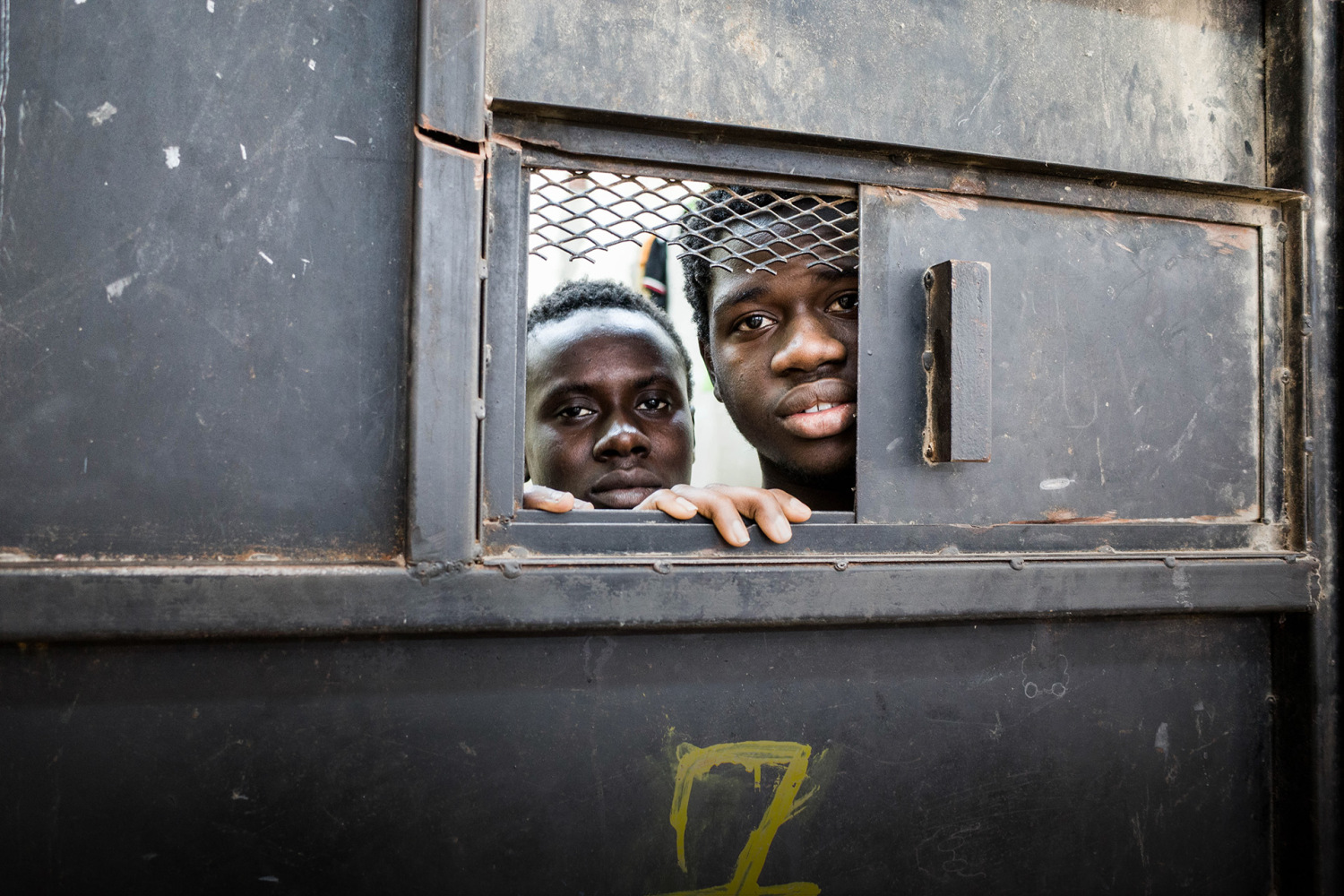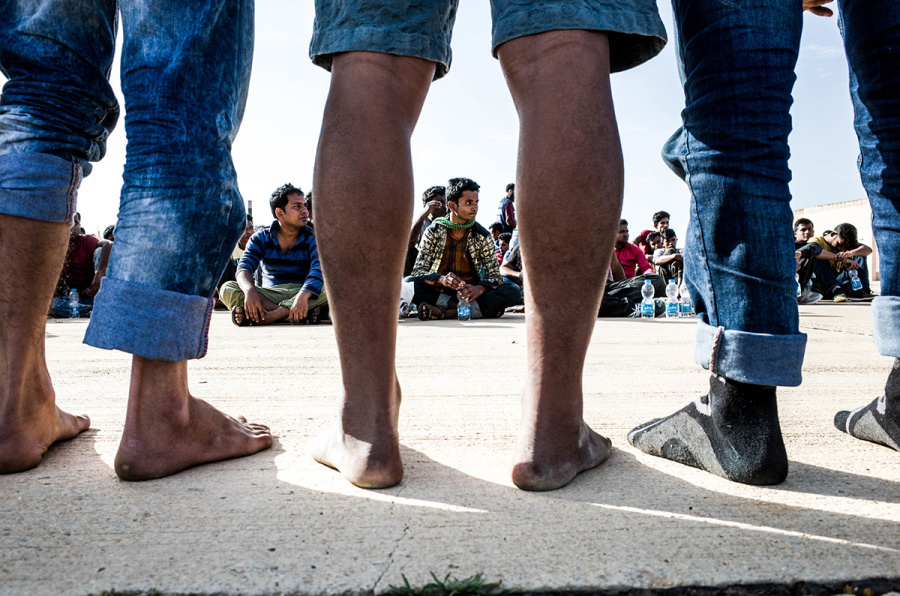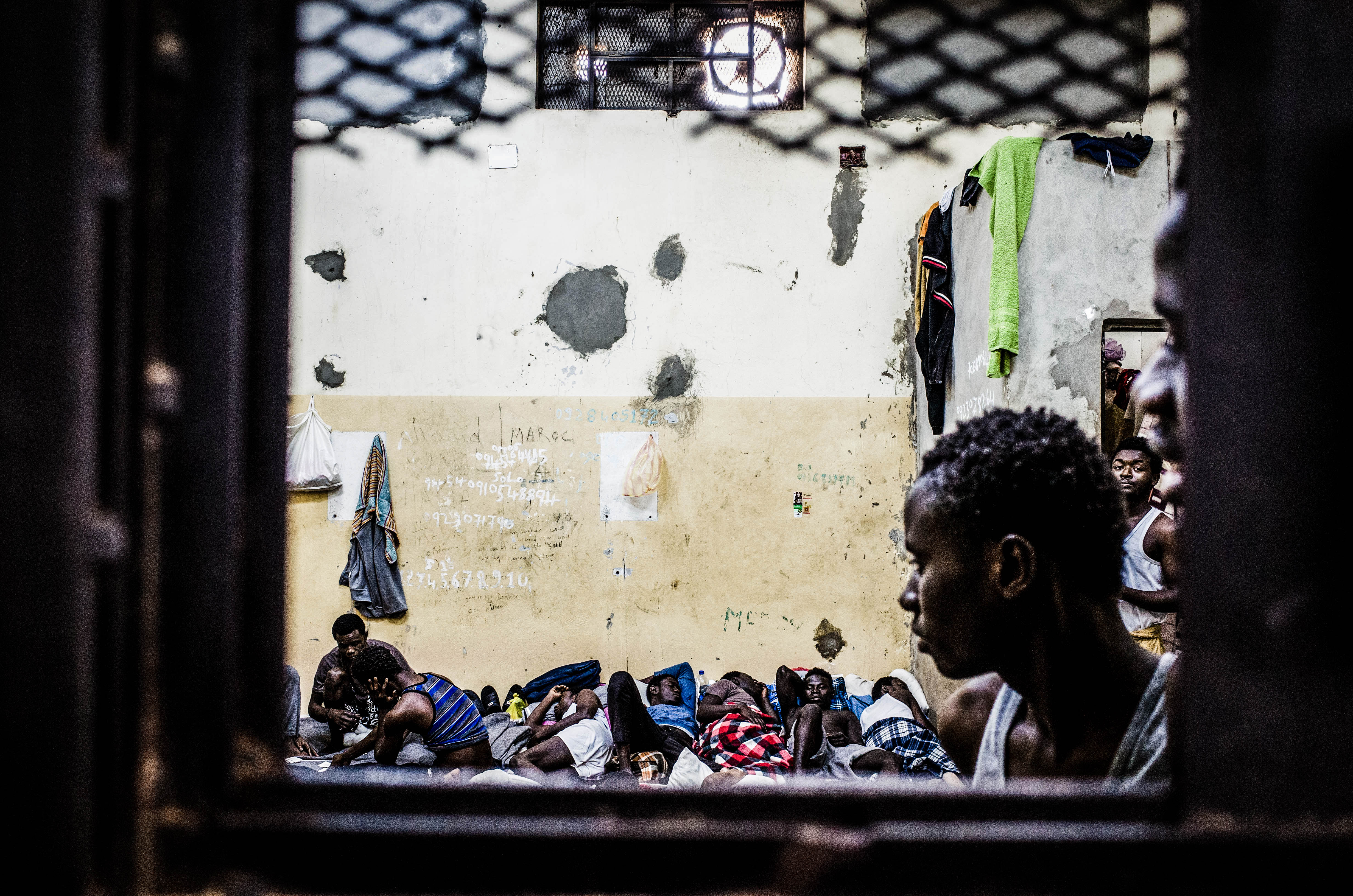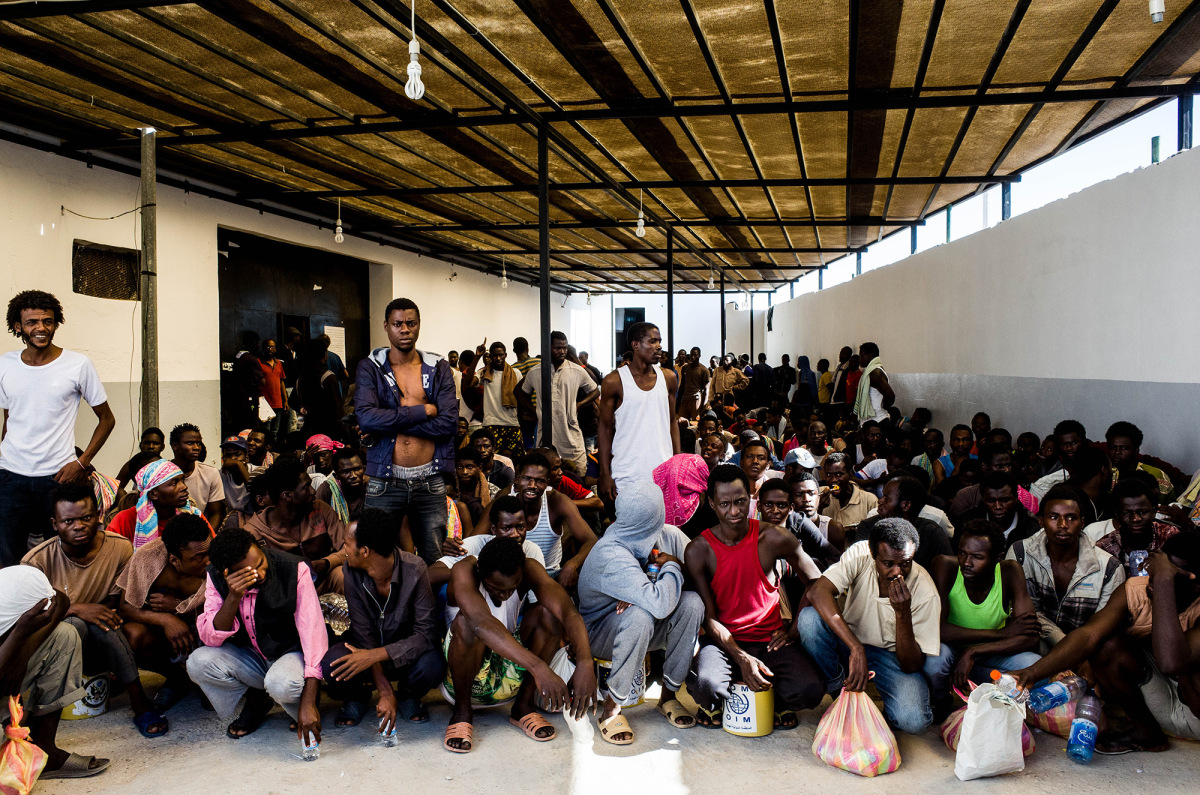
Faced with the largest influx of refugees and migrants since World War II, Europe has increasingly resorted to money-for-migration deals aimed at keeping Africans at home. These "pay-to-stay" agreements include funds for border security, development projects, and transit centers where migrants are encouraged to return home. Europe has also sought—though struggled to secure—greater cooperation from African nations on the deportation of irregular migrants and failed asylum seekers.
This multi-part series published by Foreign Policy and the Pulitzer Center on Crisis Reporting takes the first comprehensive look at Europe's response to the migration crisis, which has been directed not just at the continent's own borders but at impoverished and war-torn countries thousands of miles away. The European Union and member states are increasingly fusing their immigration policies with broader state-building, development, and counterterrorism efforts that cost billions and will take decades to bear fruit—if they bear fruit at all.
Can "pay-to-stay" really address the root causes of migration? Or does it simply outsource the dirty work of immigration control while doing little to alleviate the poverty and joblessness that has sent thousands of young men to their deaths in the Mediterranean? Foreign Policy and the Pulitzer Center follow the migrant trail from Mali to Niger and on to Libya to find out.














